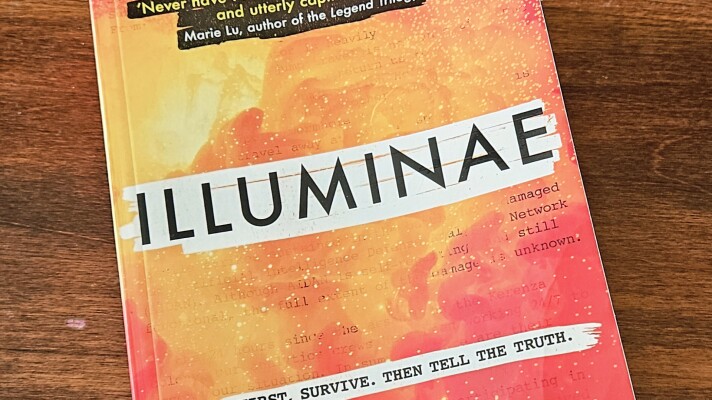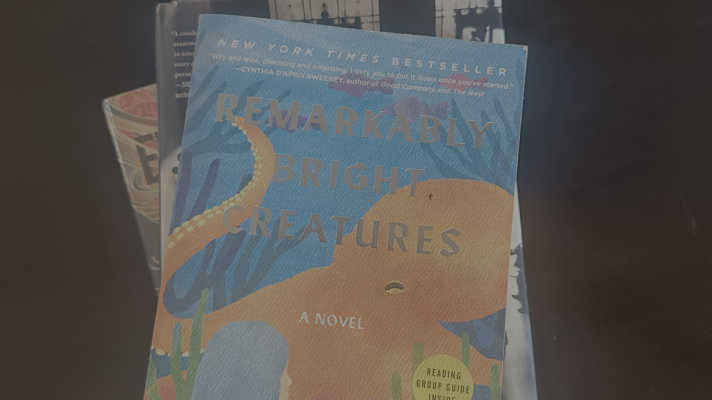Klara and the sun is set in a not quite dystopian, not too future America, marked by advanced technology and social tension.
But our focus is on our narrator, Klara, an artificial friend that is an artificially intelligent android designed to provide emotional support for lonely teenagers. We first meet Klara in the store where she's waiting for an owner, but finally she's purchased by Josie, a vivacious yet ailing teenager with a strangely austere mother. When Klara goes home with Josie, she discovers secrets that rock her own self-understanding and her relationship with humans.
Now, I've tried to set up the novel this way, but let me give a caveat. Ishiguro is a masterful creator of unreliable narrators, which means that half the intrigue of reading his work is in coming to understand gradually just how the narrator has misconstrued his life or circumstances. You might think you're reading a mundane account of everyday life, and then all of a sudden, the narrator will let something slip and you realize, wait, that's what's been going on.
Because of this, it's hard to talk about Ishiguro novels without spoiling them, since the things that make the most interesting are often precisely the things you don't know at first. Nonetheless, I don't think it's giving too much away to say that questions about artificial intelligence and personhood end up being central to the story. In Ishiguro's familiar with the contemporary science of artificial intelligence and uses that understanding to shape his portrayal of Klara.
But in the end, he is less interested in the science of artificial intelligence than in its human consequences. If artificial people exist alongside human persons, can we say that there's anything special about being human? How would that change the way we relate to each other, or the way we think about ourselves?
Observant, intelligent and kind. Klara. At the beginning of the story, a brand new product is trying to figure out this brave new world and its rules. Just as much as we readers are. Ishiguro never loses sight of the fact that Klara is not human. But in a broader sense, Klara is one of us, someone trying to understand how to love others and live well in a world that is too big and too fast for any one person to grasp.
A film adaptation directed by Taika Waititi, starring Amy Adams and Jenna Ortega, is slated to come out later this year. So now is the perfect time to start reading the book.
Moving and thought provoking. Klara and the sun celebrates what it means to be human and at the same time asks if we know what that means.













